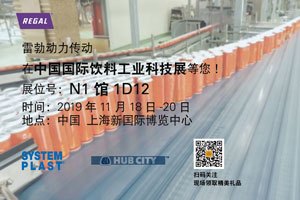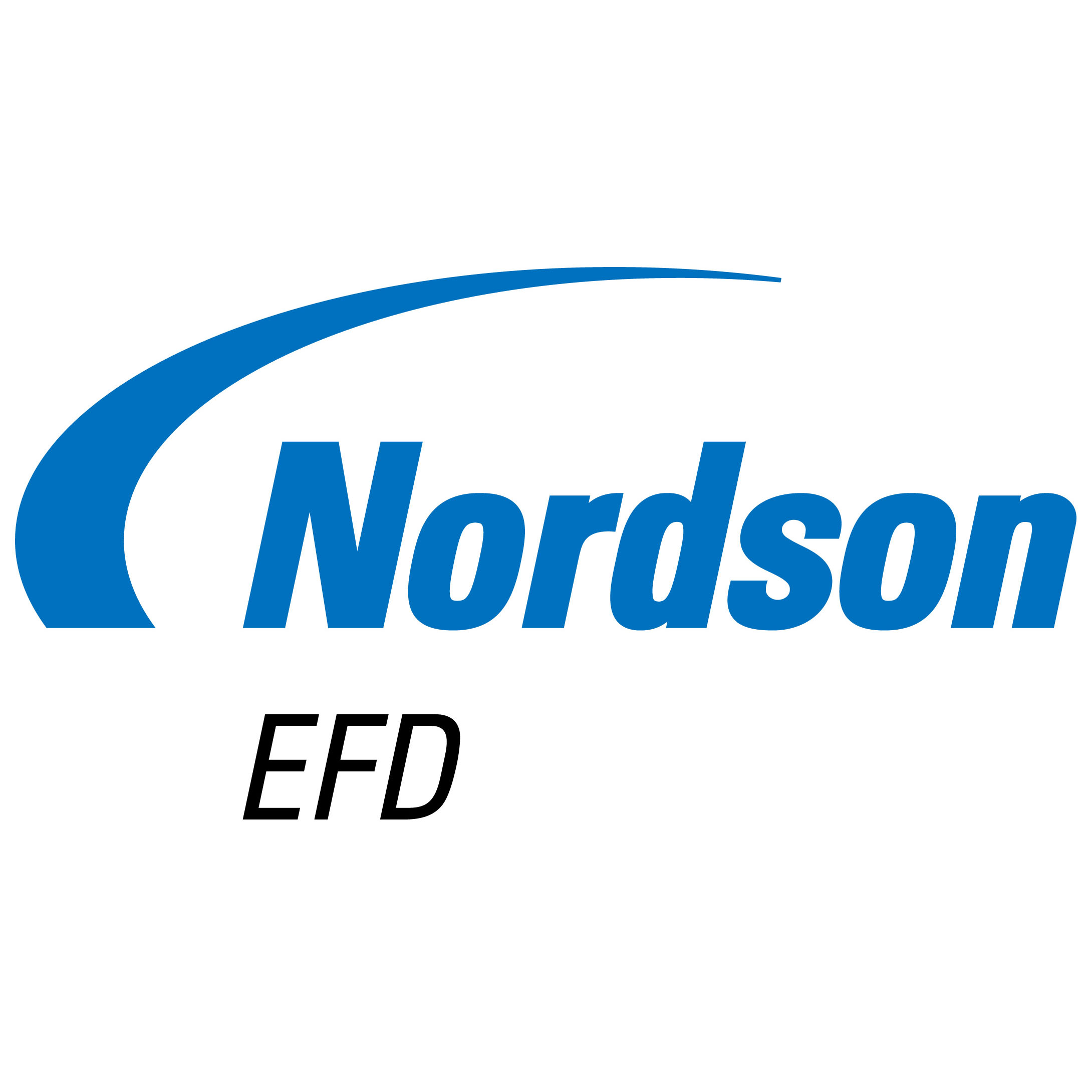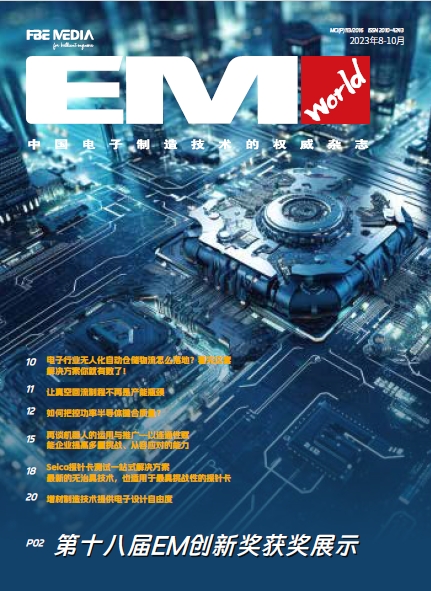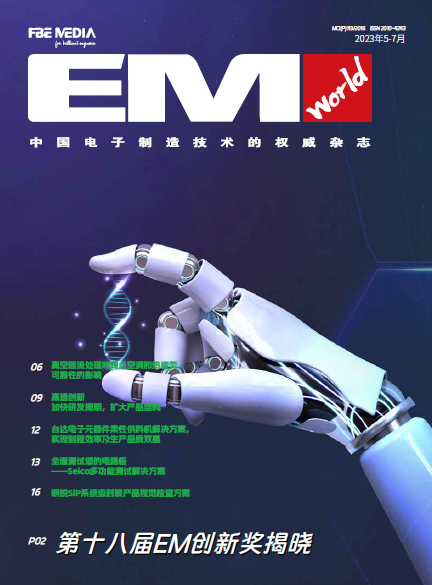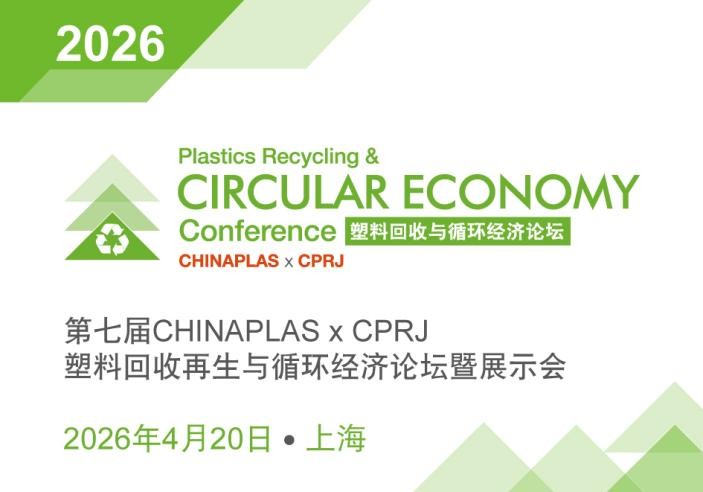BANNOCKBURN, Ill., USA, September 9, 2010 ― IPC ― Association Connecting Electronics Industriesreg; has released IPC-1601, Printed Board Handling and Storage Guidelines. The industry;s sole standard on the handling, packaging and storage of printed boards, IPC-1601 provides users with guidance on how to protect printed boards from contamination, physical damage, solderability degradation, electrostatic discharge and moisture uptake. The document covers all phases of production, from the manufacture of the bare printed board, through delivery, receiving, stocking, and soldering. In addition to providing direction on the proper handling of printed boards, packaging material types and methods, production environment, and the handling and transport of product, IPC-1601 gives needed attention to helping users with moisture concerns. The document provides guidance on establishing recommended moisture levels and baking profiles for moisture removal, and covers the impact of baking on printed board solderability. Moisture absorbed in printed board laminates expands at soldering temperatures, and in some cases the resulting vapor pressure can cause internal delamination or excessive strain on plated-hole walls and other structures. This is especially challenging with the higher temperatures used for lead-free soldering. The costs associated with having too much moisture in a board can be significant. System manufacturers note that if moisture causes problems and ruins boards after parts have been installed, failures can have major repercussions. If a board has high moisture content and you populate it with a number of expensive components, you can get an unpleasant surprise, said Don Dupriest, a member of the advanced manufacturing technology staff at Lockheed Martin Missiles and Fire Control, and the co-chair of the IPC Printed Board Storage and Handling Subcommittee. Even when precautionary measures are taken to protect printed boards, companies will occasionally check boards to ensure that nothings gone wrong. Joseph Kane, senior principal process engineer for BAE Systems Platform Solutions, has done extensive studies on the amount of moisture that can be present in boards. Depending on the laminate and other details of the construction, if moisture exceeds some critical level, users need to bake them, he said. Developed in conjunction with IPC-1601, and housed within the document, the new IPC-TM-650, Method 2.6.28, Moisture Content and/or Moisture Absorption Rate, (Bulk) Printed Boards, provides techniques for determining moisture content by weighing boards, baking them until theyre dry and then weighing them again. This weigh-bake-weigh testing technique will be the focus of a technical conference presentation (S01) given by Kane at Electronics Midwest in Rosemont, Ill., on Tuesday, September 28. To register, visit www.ElectronicsMidwest.com/register. One intention of IPC-1601 is to keep costs in check; we dont want compliance to cost suppliers a lot of money, Kane said. Its not just the cost; baking causes oxidation and makes the boards harder to solder. The guideline highlights the effects of baking on a number of final finishes, including tin-lead, immersion tin, immersion silver, ENIG, ENEPIG and electrolytic gold. IPC members may request a free single-user download of IPC-1601 by sending an e-mail to MemberTechRequests@ipc.org within 90 days of the documents publication date. After that date, IPC members may purchase the standard for $36. The nonmember price is $72. For more information or to purchase IPC-1601, visit www.ipc.org/1601 or contact John Perry, IPC technical project manager, at JohnPerry@ipc.org or +1 847-597-2818. About IPC IPC (www.IPC.org) is a global trade association based in Bannockburn, Ill., dedicated to the competitive excellence and financial success of its 2,700 member companies which represent all facets of the electronics industry, including design, printed board manufacturing, electronics assembly and test. As a member-driven organization and leading source for industry standards, training, market research and public policy advocacy, IPC supports programs to meet the needs of an estimated $1.7 trillion global electronics industry. IPC maintains additional offices in Taos, N.M.; Arlington, Va.; Garden Grove, Calif.; Stockholm, Sweden; Moscow, Russia; Bangalore, India; and Shanghai, Shenzhen and Beijing, China.
